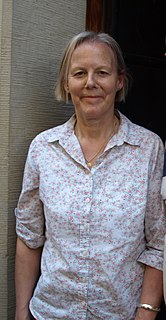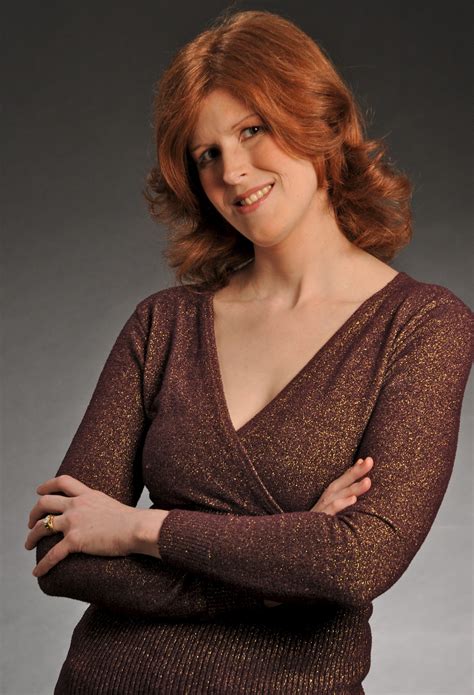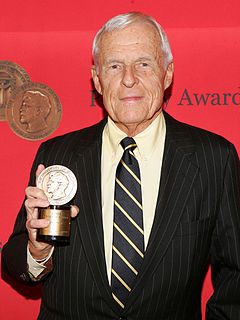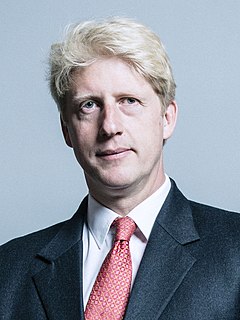A Quote by Phyllida Lloyd
In management terms, directing opera certainly prepares you for a film set: the magnitude of it, the experts in other fields that you have to call on. Both are massive ensemble jobs in which there's incredible pressure to get things done on time and on budget - so much so that making the wrong decision may be better than making no decision at all.
Related Quotes
To have an idea meritocracy, one needs to do three things. First, they have to put their honest thoughts on the table, for everyone to look at and everyone to work through. Second, they need to have thoughtful disagreement, by which there are quality exchanges, in which there's open mindedness and the realization that no one has all the right answers. And you can work through that and get to better answers because good collective decision making is better than any individual decision making. And third, you have to have ways of getting past the disagreements if they remain.
Generally you should act somewhere between P40 and P70, as I call it. Sometime after you have obtained 40 percent of all the information you are liable to get, start thinking in terms of making a decision. When you have about 70 percent of all the information, you probably ought to decide, because you may lose an opportunity in losing time.
One of the coolest things about being an actor is growing, and changing with everything, and never making the same decision twice because you've learned so much from the last project. I guess that's like in life. You keep moving through, and you hopefully learn from your mistakes and just get better and better all the time.
The constant drive for campaign dollars has distorted decision-making in Washington, DC, to the point where our systems can no longer effectively address complex, long-term problems like the climate crisis. Which brings me to my other major concern - the short-term focus of capitalism. It distorts the allocation of resources and the decision-making processes of companies.






































